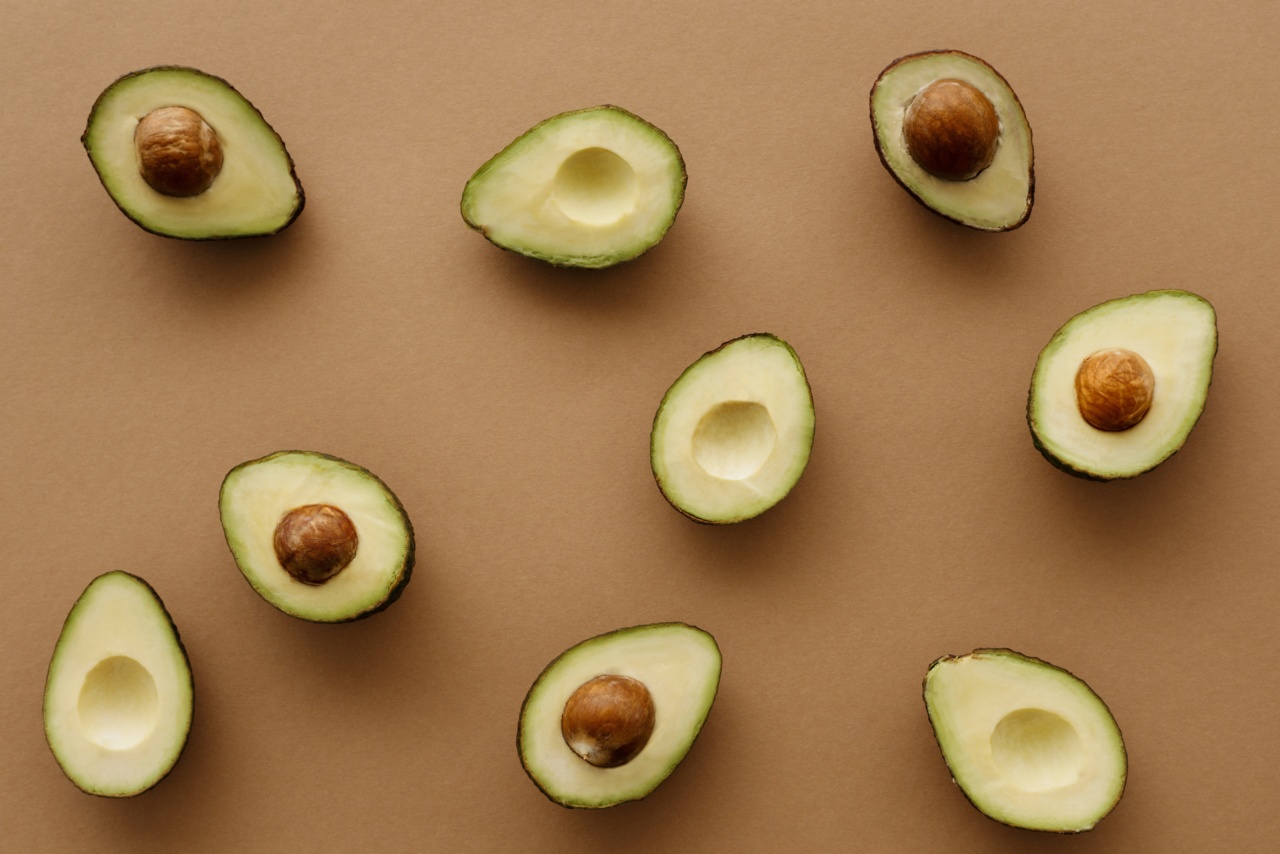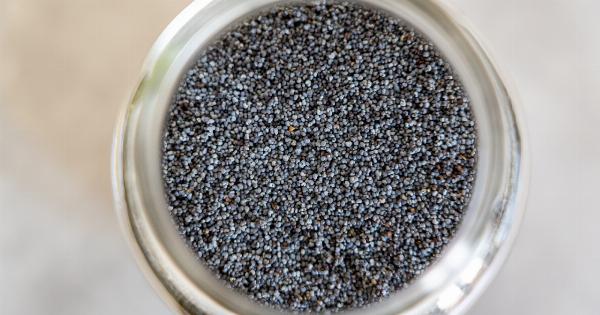Seeds are often overlooked when it comes to nutrition, but they are actually powerhouses of essential nutrients. They are packed with vitamins, minerals, healthy fats, and fiber that are beneficial for your overall health and well-being.
Incorporating a variety of seeds into your daily diet can provide numerous health benefits, from boosting your immune system to improving digestion. In this article, we will explore why you should make seeds a staple in your daily diet.
1. Rich in Essential Nutrients
Seeds are nature’s nutritional powerhouses, offering a wide range of essential nutrients. Most seeds contain high amounts of vitamins, such as vitamin E, vitamin B, and vitamin C, which are crucial for the proper functioning of our body.
Additionally, seeds are also abundant in minerals like magnesium, zinc, and iron, which play vital roles in various bodily processes. By including seeds in your diet, you can ensure that you are getting a wide spectrum of essential nutrients to support your overall health.
2. Excellent Source of Fiber
Dietary fiber is an essential component of a healthy diet, and seeds are an excellent source of this dietary fiber. Fiber is known for its ability to regulate digestion, prevent constipation, and promote a healthy gut.
Consuming fiber-rich foods can also help regulate blood sugar levels, lower cholesterol, and support weight management. Adding seeds to your meals can easily boost your daily fiber intake and contribute to better digestive health.
3. Heart-Healthy Fats
Seeds contain a variety of heart-healthy fats, including omega-3 fatty acids and monounsaturated fats. These fats are known to reduce inflammation, support brain health, and promote cardiovascular health.
Incorporating seeds like flaxseeds, chia seeds, and hemp seeds into your diet can help balance your omega-3 to omega-6 fatty acid ratio, which is important for overall health. These seeds can be easily sprinkled on top of salads, added to smoothies, or used in baking recipes.
4. Antioxidant Powerhouses
Many seeds are rich in antioxidants, which help combat oxidative stress and protect your body from harmful free radicals.
Antioxidants are important for reducing the risk of chronic diseases, such as heart disease, cancer, and neurodegenerative disorders. Seeds like sunflower seeds and pumpkin seeds are particularly high in antioxidants. Including a variety of seeds in your daily diet can boost your antioxidant intake and promote longevity.
5. Immune-Boosting Properties
Seeds are a great addition to your diet when it comes to boosting your immune system. They contain various nutrients, such as vitamin E, zinc, and selenium, which are known for their immune-boosting properties.
A strong immune system is essential for fighting off infections and diseases. By regularly consuming seeds, you can support your immune system and enhance your body’s ability to defend against illnesses.
6. Weight Management Support
If you are trying to manage your weight, seeds can be an excellent addition to your daily diet. Seeds are high in protein and fiber, both of which contribute to feelings of fullness and help control appetite.
Including seeds in your meals can help keep you satisfied for longer periods, prevent overeating, and support healthy weight management. Additionally, the healthy fats in seeds provide a source of energy without adding excessive calories.
7. Versatile and Easy to Incorporate
One of the great things about seeds is their versatility. They can be easily incorporated into various dishes and recipes to enhance both the flavor and nutritional value. You can sprinkle seeds on top of salads, yogurt, or oatmeal for an added crunch.
They can be used in baking muffins, bread, or energy bars. Seeds can also be ground into a powder and added to smoothies or used as a coating for fish or chicken. With so many options, it’s effortless to include seeds in your daily diet.
8. Support Brain Health
Many seeds are rich in essential nutrients that support brain health. Omega-3 fatty acids, found in seeds like flaxseeds and chia seeds, are known for their cognitive benefits. They help improve memory, focus, and overall brain function.
Additionally, seeds contain various vitamins and minerals, such as vitamin E and magnesium, which also contribute to healthy brain function. By incorporating seeds into your diet, you can nourish your brain and support your mental well-being.
9. Source of Plant-Based Protein
If you follow a plant-based diet or are looking for alternative protein sources, seeds can be an excellent option. Many seeds, such as hemp seeds, chia seeds, and pumpkin seeds, are packed with protein.
They provide a complete protein profile, containing all essential amino acids needed by our bodies. Adding seeds to your meals can boost your protein intake and ensure that you are meeting your body’s protein requirements.
10. Variety for Taste and Nutrition
Last but not least, incorporating a variety of seeds into your diet allows you to enjoy different flavors and maximize nutritional benefits.
Each type of seed offers a unique combination of nutrients, so by including a variety in your meals, you can diversify your intake of vitamins, minerals, and healthy fats. Experiment with different seeds, such as sesame seeds, sunflower seeds, or pomegranate seeds, to add exciting flavors and textures to your dishes.





























